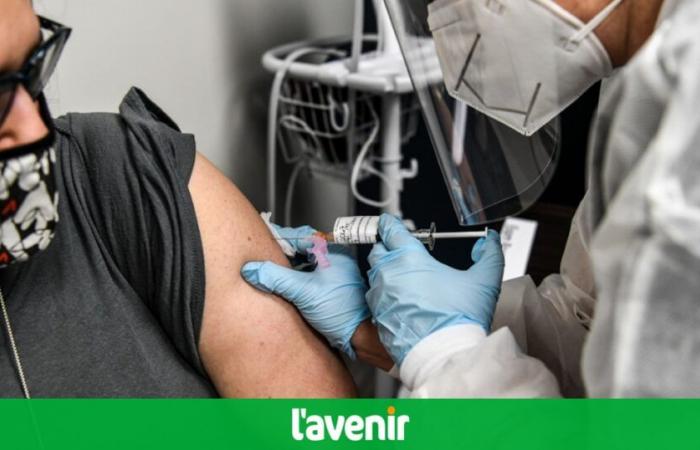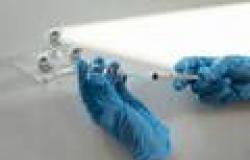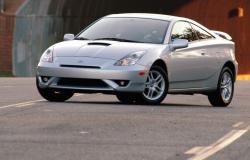
“However, we carried out the same campaign as last year and we sent letters to nursing homes, doctors coordinating nursing homes, general medicine circles, pharmacists’ associations, hospitals, etc.“, underlines Lara Kotlar.
So why such a low rate? The Aviq spokesperson puts forward several explanations: “Covid vaccination has not yet become commonplace like that of the flu. A feeling of distrust persists regarding these new vaccines “which have not yet proven themselves”. And then, with the variant currently circulating, people have the impression that Covid is little more than a cold… But getting vaccinated remains a preventative gesture for oneself and for others“.
Flanders is also letting its guard down with 52% of those aged 65 and over having received a booster dose in the last 6 months, according to the latest Sciensano census.
75% of vaccines administered in pharmacies
In Wallonia, Covid vaccination is essentially the business of pharmacists: nearly 75% of doses are injected free of charge in pharmacies.
“We mainly vaccinate the target audience, the elderly, those who have a chronic illness and who feel more exposed than others. Covid has become like the flu, people who are less sensitive from an immune point of view do not see much benefit in being vaccinated“, says Nicolas Echemement, spokesperson for the Belgian Pharmaceutical Association (APB).
If most injections are given in pharmacies, it is mainly because of the instability of the vaccine once it is taken out of the fridge. “As it is a multidose in addition, we try to organize ourselves to prepare the syringes and that they are injected within the stability period which is only a few hours“, specifies the pharmacist.
A timing that makes Covid vaccination complicated in GP practices.





